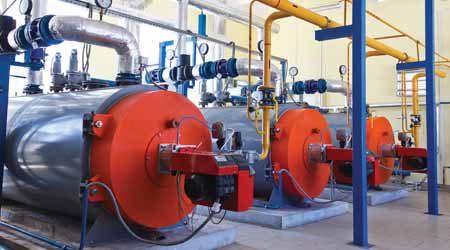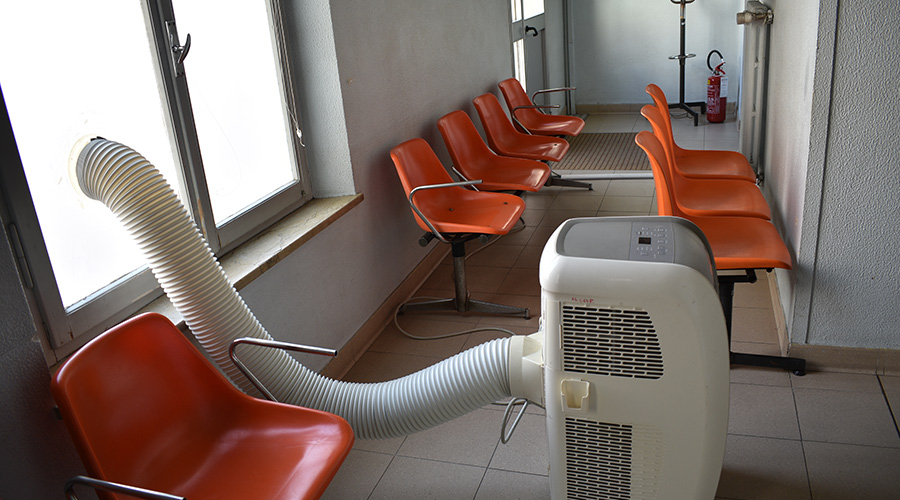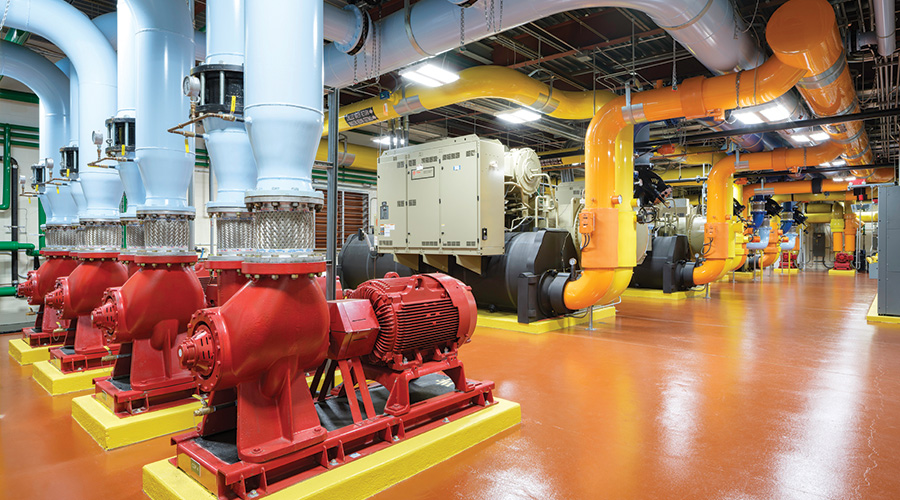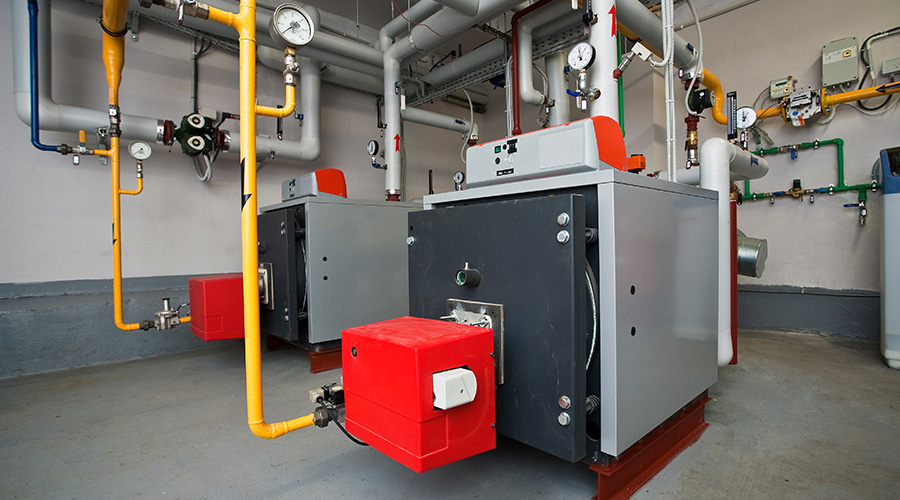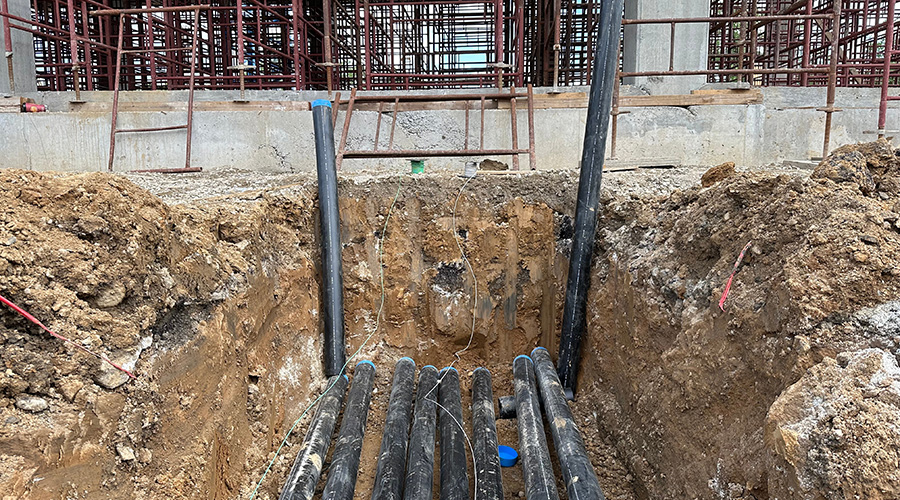Boilers: Effective Operator Training
Audits, inspection and training are essential elements of energy-efficient and reliable system operation
Managers also need to address the human element in ensuring energy-efficient and reliable boiler operation. Boiler accidents still occur, in spite of the advances in boilers and their supporting systems, and most of them result from improper operating and maintenance practices. The best design and installation, along with all necessary safeties and interlocks, have no value if an operator has bypassed those safety controls. Improperly trained personnel might not realize the consequences of those actions, and the results can be disastrous.
Managers cannot assume operators will get the training they need on the job. Training programs based on passing information from person to person assume that those doing the training are properly trained themselves. These experienced technicians might have been trained properly years ago, but it is common to find that many have adapted procedures and shortcuts that make things run efficiently, even if the procedures are not completely according to the owner’s manual.
It is not sufficient for operators to go through training just once. Training must be ongoing. Operators need to perform troubleshooting and emergency drills regularly to keep their skills sharp, as well as to ensure poor procedures and practices do not creep into their work habits.
Repair or replace?
As with all building components, boilers have finite service lives. Even with ideal inspection, testing and maintenance, they eventually require replacement. While a boiler’s age is a major factor in determining whether to repair or replace a unit, it is not the only factor managers must consider. Managers need to consider a host of important factors. They include:
Age. Maintenance costs rise as boilers age. Unless something serious goes wrong, replacement costs will always exceed repair costs. But managers should pay attention to the trend in maintenance costs. If these costs remain relatively constant, repairing the boiler tends to be the better option. But increasing costs, as well as difficulty in obtaining replacement parts, can indicate replacement.
History. No two boilers have the same operating history, even in similar installations, so operators and managers need to review the boiler’s history to determine whether replacement might be the better option.
Efficiency. New boilers offer major increases in annual operating efficiency compared to boilers that are only 10 years old. Because of these advances, managers should consider the annual savings from replacement when evaluating options.
Configuration. One or two large boilers were the hallmark of older installations relying on central boilers. That set-up often required cycling one boiler to match part-load operating conditions. New, centralized systems use several smaller, modular boilers. This configuration allows operators to more effectively match system capacity to facility needs. The result is improved operating efficiency. Managers should review the historical building loads to see if a cost benefit exists for replacing existing boilers with modular boilers.
James Piper, P.E., is a national facilities consultant based in Bowie, Md. He has more than 35 years of experience with facilities engineering, maintenance and management issues.
Related Topics:








